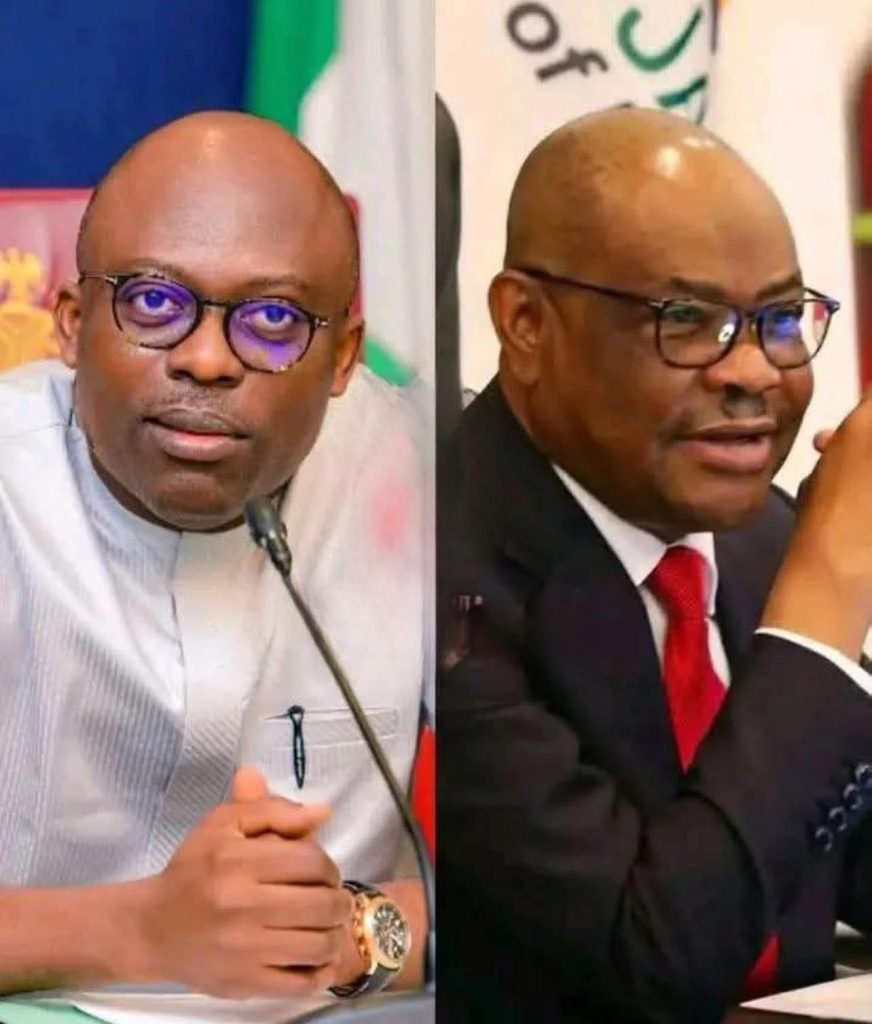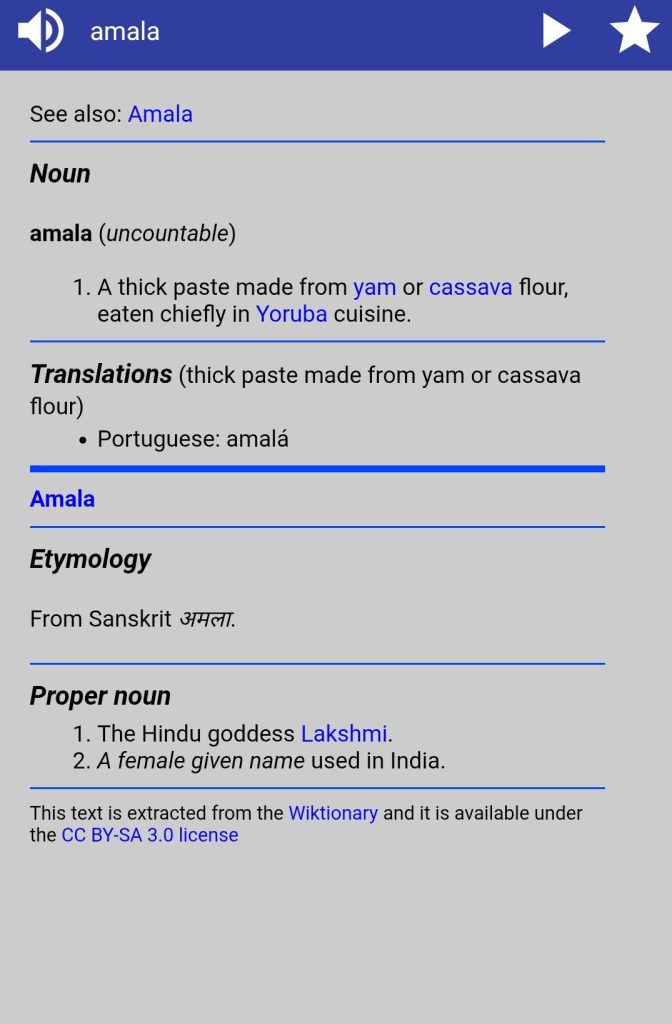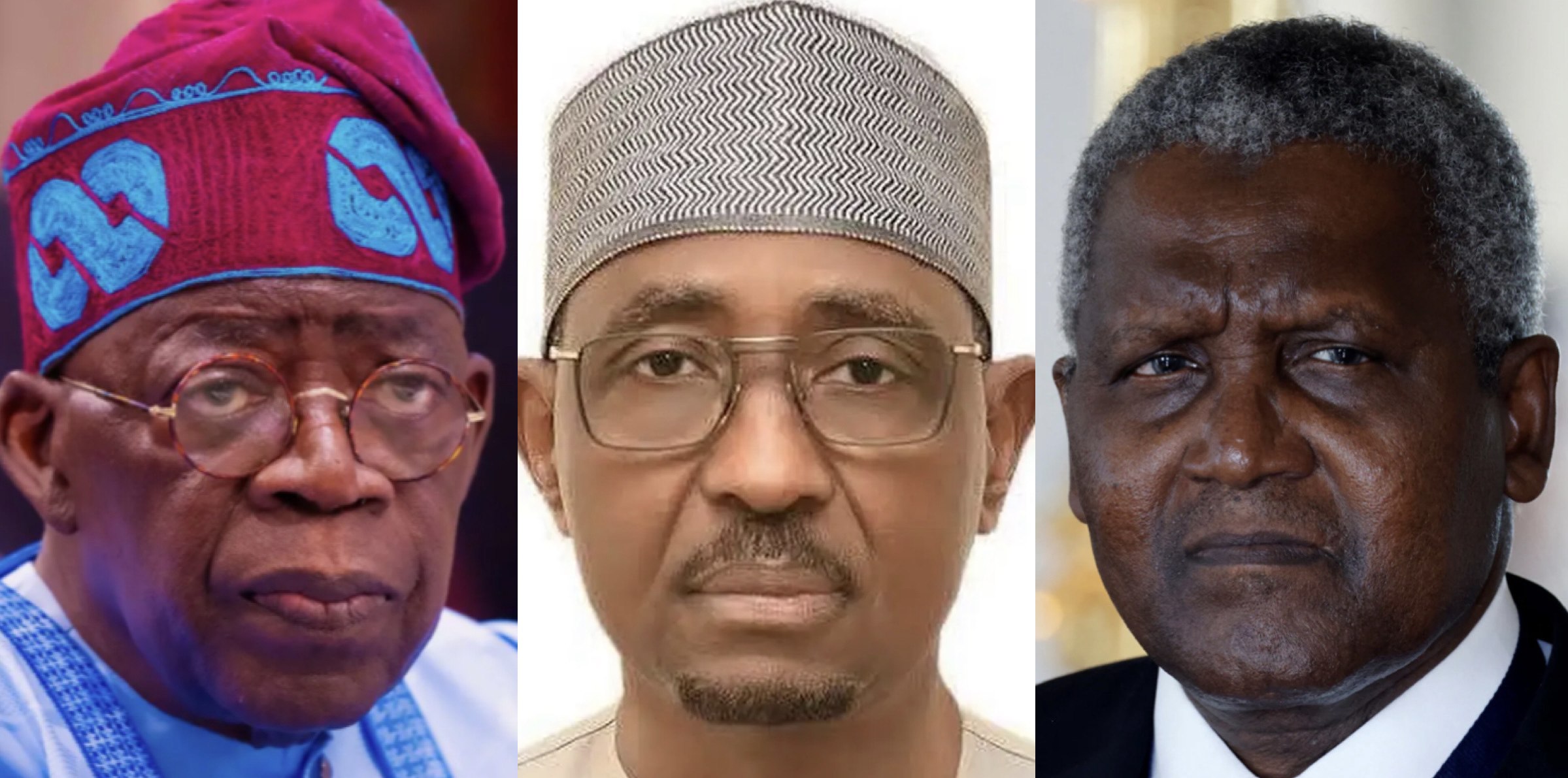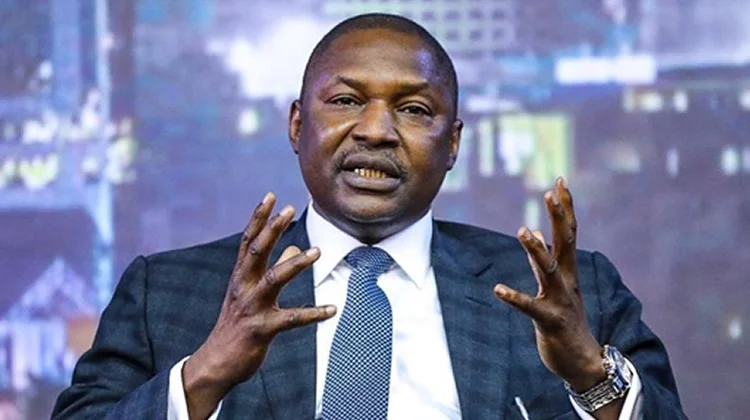The Federal Government and the Academic Staff Union of Universities (ASUU) are set to sign a landmark agreement aimed at ending years of protracted negotiations over the welfare of university lecturers and the funding of public universities.
According to the agreement, academic staff in federal universities will enjoy a 40 per cent increase in salaries, a move expected to ease the impact of inflation and improve staff morale across the university system. The pact also introduces improved pension conditions, including enhanced retirement benefits for professors and other senior academics.
The new deal is the outcome of the long-awaited renegotiation of the 2009 FG–ASUU Agreement, which has been at the centre of repeated industrial disputes and nationwide strikes that disrupted academic calendars for several years.
Beyond salaries and pensions, the agreement outlines reforms in university funding, with provisions for increased investment in research, laboratories, libraries, and staff development. A National Research Council is also expected to be established to strengthen research financing and innovation in the tertiary education sector.
The pact is scheduled to take effect from January 2026 and will be subject to periodic reviews. Stakeholders believe its successful implementation could usher in a new era of industrial harmony in Nigeria’s public universities and reduce the frequent strike actions that have affected students and parents nationwide.
Education stakeholders have described the development as a major step toward stabilising the university system, while urging the Federal Government to ensure full and timely implementation of all agreed terms to sustain peace in the sector.








